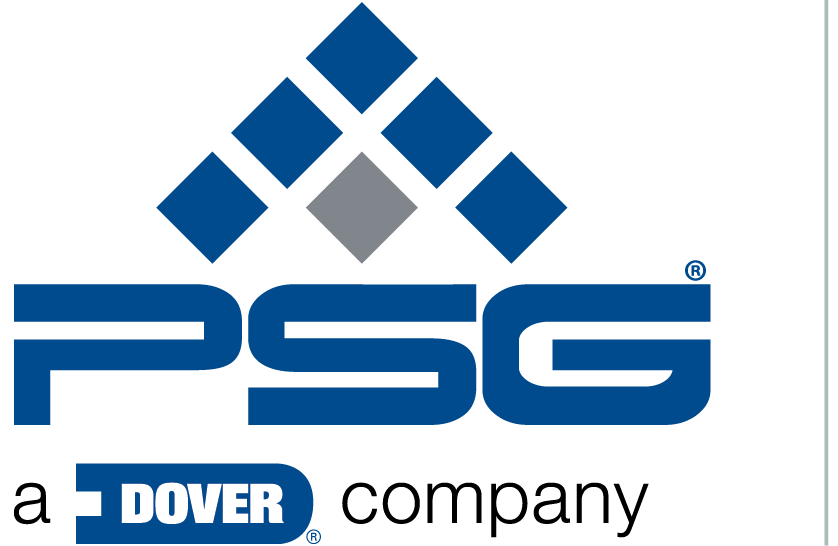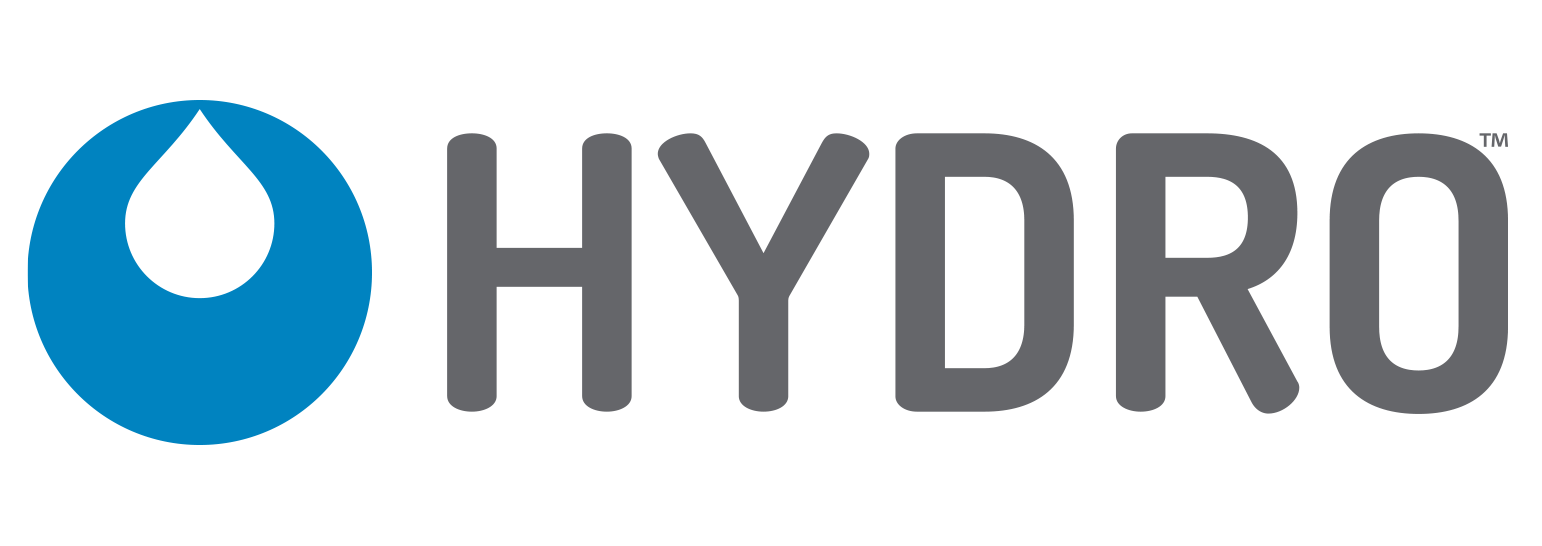The Benefits of Dispensers and Injectors

Download the full white paper.
A guide to selecting the system that’s right for your business
The Role of Dispensers, Proportioners and Injectors
There are many tasks involving chemicals that can be accomplished with the help of dispensers, proportioners and injectors. In simple terms, this equipment is used to add water to a very concentrated chemical or precisely deliver a product from point A to point B. Sometimes water is required to make certain types of chemical active, but mostly, organizations rely on these systems because it is very expensive to transport and store large drums of pre-mixed chemical.
Today, dispensers and injectors are increasingly being implemented as more organizations realize the benefits of investing in these systems. In addition to saving businesses money and space, dispensers and injectors provide reliability and accuracy for mixing and delivering solutions for important tasks like cleaning and sanitizing surfaces, washing linen and kitchen wares, as well as maintaining a healthy farm.
This white paper discusses the various applications for dispensing and injecting systems and the advantages they provide to businesses. It also highlights keys to success by outlining best practices for selection, installation, training and maintenance.
Applications for these Systems
Dispensing and injecting systems can be used in numerous ways across different industries.
• Janitorial and sanitation (jansan): Within the jansan industry, business owners commonly rely upon dispensers for accurate chemical dosing. Dispensers can be used to dilute chemicals for spray bottles and mop buckets, as well as quickly and easily filling auto-scrubber tanks for employees handling floor care within a facility. Dispensers may also be used for foaming and sanitizing purposes. These systems provide maximum flexibility and consistency to ensure the best cleaning performance from your chemicals.
• Kitchen: Dispensers can be utilized for various tasks in commercial kitchens, such as easily filling spray bottles and buckets so that employees can clean sticky and dirty tables and floors. Maintaining these surfaces is essential for impressing customers and securing repeat business.
Drains can quickly clog in restaurant settings, especially those serving foods that are high in oil and fat content. A buildup of grease and bacteria can lead to odors and create a breeding ground for biofilms and flies that can spread disease. Dispensers help clean drains and grease traps by moving liquids quickly and thoroughly to prevent unpleasant odors and backups.
Dispensers also ensure the right amount of chemical is being used for warewashing processes. Some dishes require manual washing. In this case, dispensing systems distribute the proper amount of detergents and sanitizer into three-compartment sinks to eliminate dilution guesswork for employees. For larger operations, dispensers can hook up to dishwashing machines to dose out chemicals such as detergent and rinse aid. Some dispensing systems can deliver downloadable reports on chemical usage and cost per rack to give managers greater insight into their operations.
• Laundry: On-premise laundries at hotels must deal with a wide variety of stains such as dirt, grease and cosmetics. With the proper equipment, these operations can manage up to 100 chemical formulations to thoroughly remove stains from linen. Without dispensers, manual chemical dosing would be in the hands of employees, leading to potential safety hazards or poor cleaning performance.
In addition to in-house laundry operations, dispensers are useful for industrial laundry facilities that service customers such as restaurants, hotels, hospitals, fitness centers and more. Today, most commercial laundry machines are built with connections for liquid detergents to allow laundry managers to use external chemical dispensing systems. In addition to detergents, dispensers can deliver other types of chemical, including de-staining products, alkali boosters, emulsifiers, sanitizers and fabric conditioners. They also enhance productivity by accurately dosing products to limit the need for rewash cycles. Limiting rewash reduces chemical waste, wasted energy and water, allowing laundries to better manage their bottom line.
• Farm: Injectors allow farms of all sizes to complete necessary biosecurity tasks and operate at peak efficiency. The wheels, undercarriages and grills of trucks and agricultural equipment can track in diseases, pests and weeds in plant material, soil or manure. Power cleaning systems can dilute cleaning chemicals and inject compressed air to create a foam for cleaning and sanitizing equipment and hard-to-reach areas around the farm, such as livestock pens, chicken coops and other areas within barns.
Injectors are also essential for sanitizing potentially unsafe water to keep animals like chickens, pigs and cows healthy. These units inject chlorine and organic acids into lines to treat water and can also be used to deliver medications, vaccinations, enzymes and prebiotics to animals at the proper dilution.
The Benefits for your Business
Dispensing and injecting systems offer numerous benefits, including:
• Cost savings. When dependable systems are responsible for chemical dilution and water treatment, businesses no longer waste these resources. This added level of accuracy results in significant cost savings over time. In fact, dispensing equipment reduces cleaning costs up to 30 percent by accurately diluting the proper amount of chemical, according to the International Sanitary Supply Association (ISSA).
• Increased productivity. Dispensing and injecting systems allow employees to be more productive because they replace certain manual responsibilities like chemical measuring and mixing. Because the equipment properly dilutes and delivers chemical, nutrients and medications, tasks are completed quickly and correctly the first time. This cuts down on labor costs, further saving organizations money. Some of today’s more intelligent laundry dispensers can even detect and alert managers to abnormal conditions that are resulting in a loss of money or productivity.
• Cleanliness. Cleaner environments, from restaurants to hospitals to hotels to farms, support the health of customers, patients, guests and animals. Dispensers take care of precise chemical measurements, thereby simplifying some of the prep work behind cleaning and encouraging employees to maintain facilities regularly. Additionally, by continuously delivering the right chemical dilution for cleaning solutions, dispensers help keep cleanliness levels consistent, which positively contributes to a brand’s overall image. And on farms, dispensers maintain biosecurity, which reduces the need for animal culling.
• Safety. Exposure to chemical fumes and spills can cause irritations such as headaches, nausea, skin sensitivities and even burns. This results in a hazardous working environment for employees. Fortunately, dispensers greatly minimize contact with potentially dangerous chemicals to maintain safety in the workplace.
• Sustainability. By dispensing the right amount of chemical, medications or vaccines every time, dispensing and injecting systems eliminate the overuse or underuse of product. Dispensing systems also help reduce greenhouse gas emissions because less fuel is needed to ship chemicals in concentrate form compared to heavy ready-to-use (RTU) products. Additionally, by using concentrated chemicals over RTU products, dispensing systems can help companies reduce packaging waste by 99.9 percent, according to ISSA. Venturi-based dispensers further reduce the amount of water and electricity being used in laundry settings. By wasting less, businesses can improve their overall commitment to sustainability.
Issues to Avoid
Certain preventable complications can hinder the effectiveness and money-saving benefits of dispensers, proportioners and injectors, including:
• Water flow and pressure. Water flow and pressure can vary greatly, even in different areas of the same building or at different times of the day. When these fluctuations occur, it can easily impact the dilution of the product at hand, whether it is a cleaning solution for an auto-scrubber, detergent for a load of laundry, rinse aid for a dishwashing cycle or medication for a farm’s animals. In turn, this can negatively affect the efficacy of the task and could require additional labor to fix the issue.
It’s crucial to find and invest in a system that is designed to eliminate dilution variance and the headaches it can cause. Options include venturi-based units that automatically regulate water flow to ensure proper dilutions. In laundry applications, electronically controlled venturi systems eliminate the reliance on peristaltic tubes that can wear out every few months and impact the accuracy of dosing. Another dispensing option is a water-driven pump (WDP) that automatically adjusts to the incoming water flow.
• Multi-purpose products. Using a multi-purpose chemical reduces the number of cleaning products needed. However, a multi-purpose product requires different dilutions for different applications. For instance, glass cleaning will likely use a lean dilution while disinfecting will require a stronger dilution. Look for a unit that can produce multiple dilutions to prevent inaccurate measurements that can result in ineffective cleaning or even surface damage or residue.
• Chemical carryover. For dispensers that house more than one chemical, chemical carryover is a potential issue. To prevent this from occurring, look for systems with technology that can channel incoming water to the proper eductor and meter the appropriate amount of chemical into the water stream. This will make sure that product mixing and chemical carryover do not occur when selecting a new product.
Setting yourself up for Success
To get the most out of your dispensing or injecting unit, it’s important to carefully approach purchasing, installation, employee training and maintenance.
• Selection: When searching for a system for your business, first think about how the dispenser or injector will be used. Selecting a system that matches your organization’s needs will ensure success. In addition to meeting your current needs, a system should also be well-suited for future needs within the business. Consider the number of products (chemicals, medications, probiotics, etc.) required for the task at hand and select a unit that can accommodate these and a few more if need be. To further simplify dispensing and injecting, look for units that use technology to support predictive maintenance, provide remote monitoring, conduct automated adjustments and capture data on key performance indicators. When systems work seamlessly and are matched for the environment, this also enhances user satisfaction.
• Installation: Care should be taken to make sure that the selected dispensing system is easy to install and will not require significant lifetime cost to maintain. Systems should be installed in an easily accessible area where water is readily available. Consider how frequently the system will be used and the size of the space before installation. Pre-wired electronic dispensers speed up installation times, and systems that can be programmed and commissioned quickly via software also minimize downtime and accelerate the time to first revenue.
• Employee training: Proper employee training is key to ensuring success with a dispensing or injecting system. Most importantly, the water should be on during use and off when the system is not in use. Employees should still wear the appropriate personal protective equipment (PPE) when using dispensers and injectors. Electronic system menus should be user friendly, limiting the need for ongoing training. When all employees are experts on the systems they operate, challenges are minimized and workers will feel confident using the systems on a regular basis.
• Regular maintenance: Adhering to a schedule of regular maintenance helps guarantee top system performance and limits the risk of lost productivity and expensive repairs. Filters and strainers should be regularly cleaned to prevent water line particles from entering the valve. Facility managers should also replace metering tips for accurate dilution ratios. Finally, if peristaltic tubes are being used, replace tubing as it wears down, and remember to check dosing parameters and recalibrate as needed.
Accurate Dosing and Dispensing
Today’s advanced dispensing and injecting systems allow organizations to efficiently prepare and deliver cleaning chemical, medications, vaccinations and other solutions. Most importantly, these systems reliably provide the correct dose of product every time, thereby reducing chemical, water and energy waste.
When considering a system for your business, the above tips on application, selection, installation and maintenance will ensure you end up with the ideal solution for your needs. Whether dispensing chemicals in a laundry setting or providing vitamins to livestock on a farm, precise delivery is crucial. Through accurate dosing and dispensing, critical tasks in jansan, foodservice, hospitality and farming can be carried out productively and safely.

Customer Service and Technical Support
Call 1-800-543-7184 Monday-Friday 8am - 5pm EST











